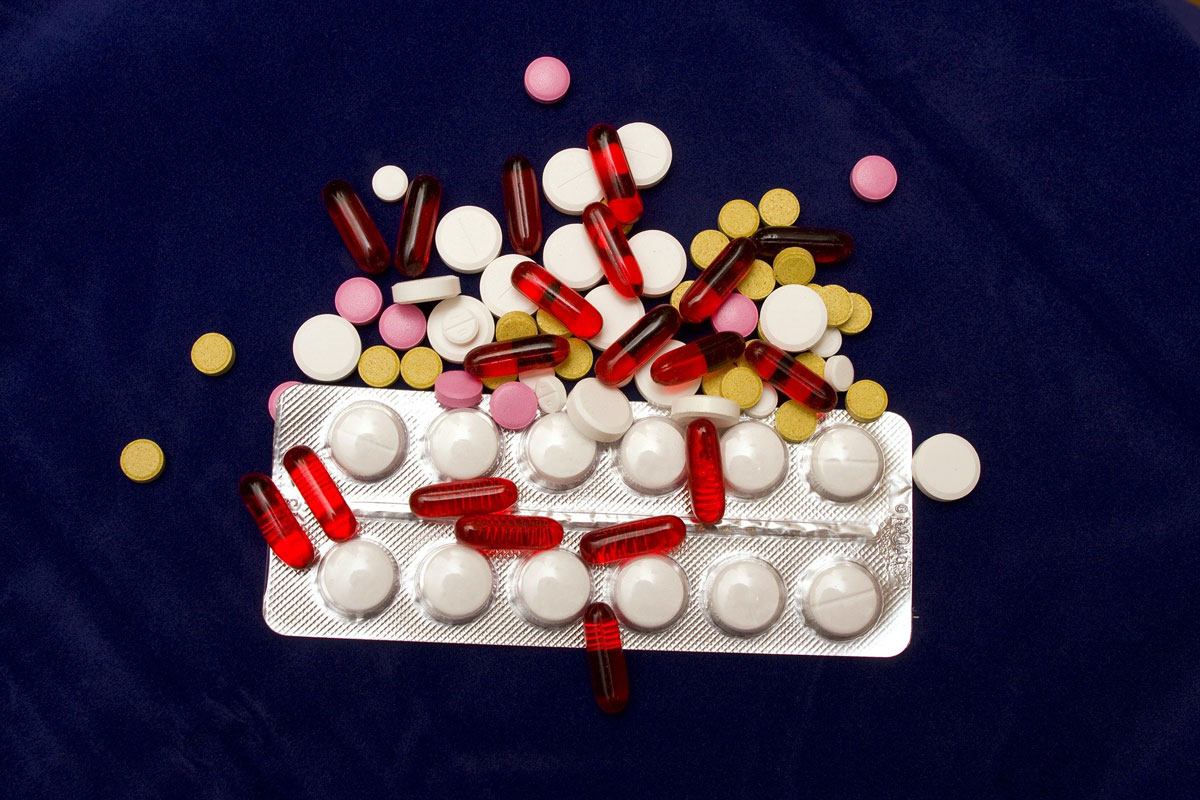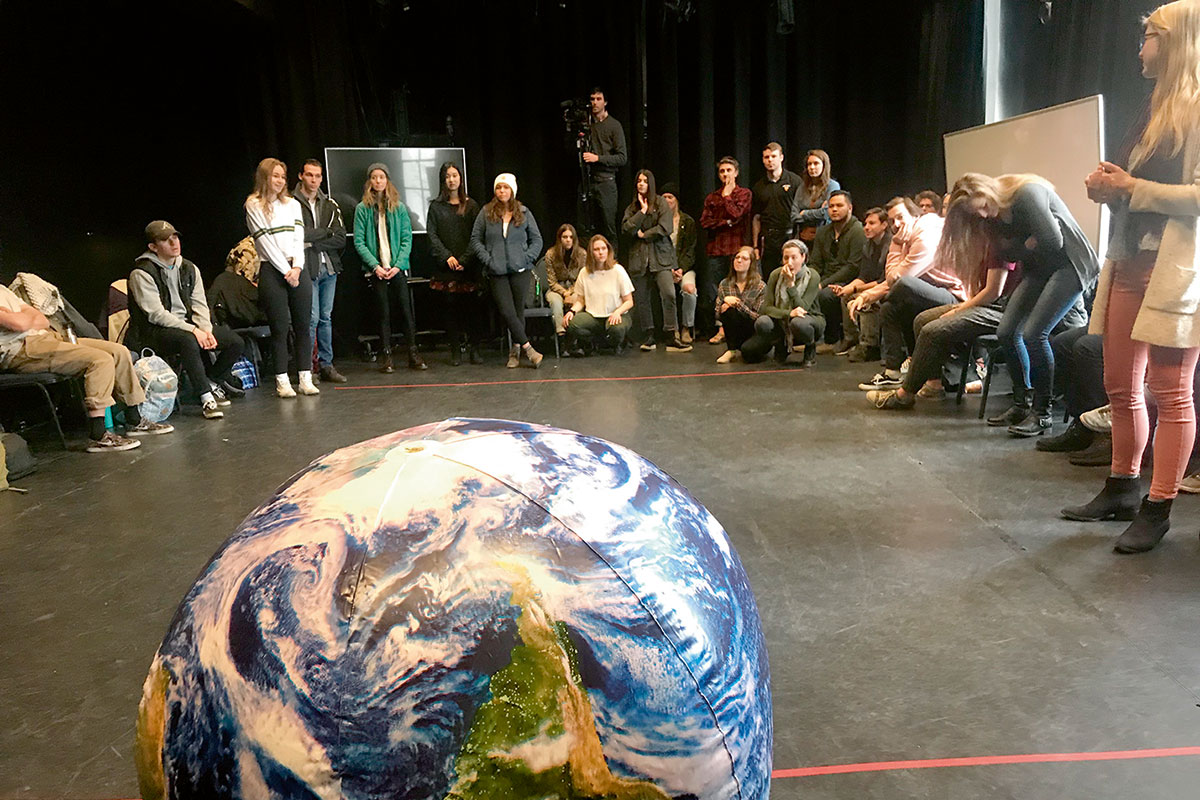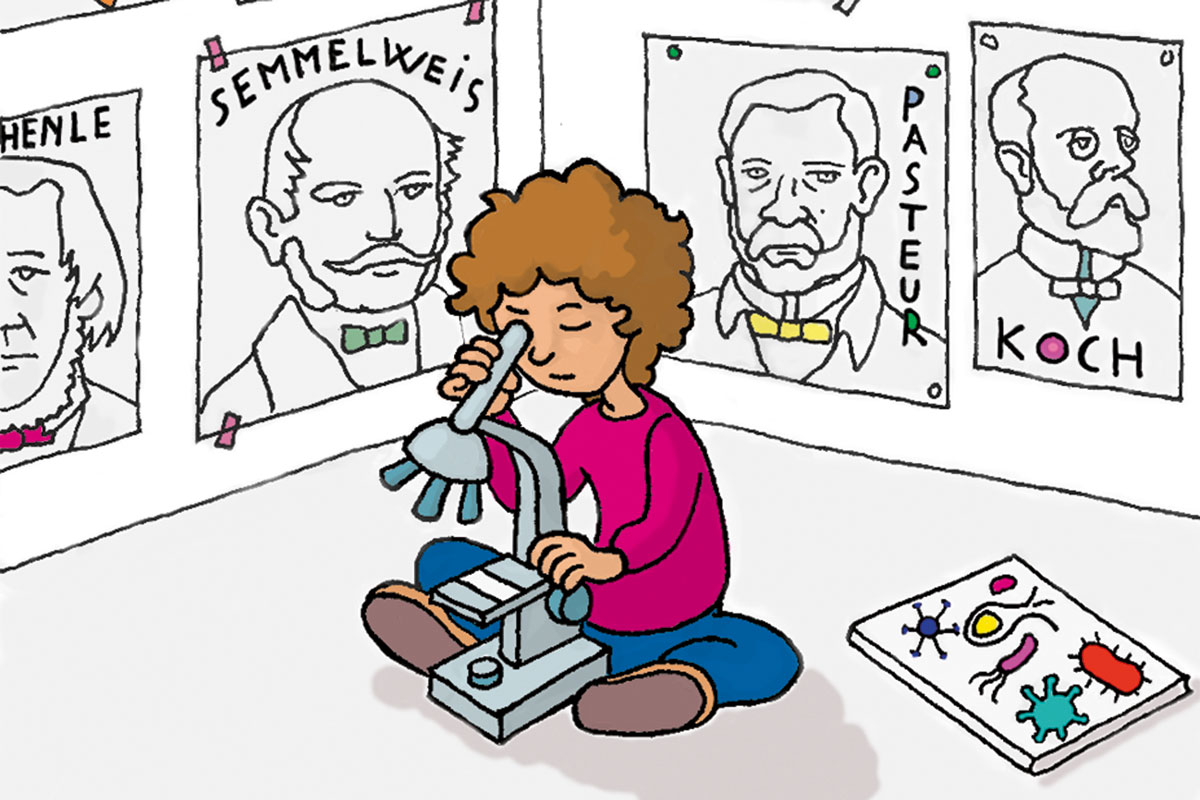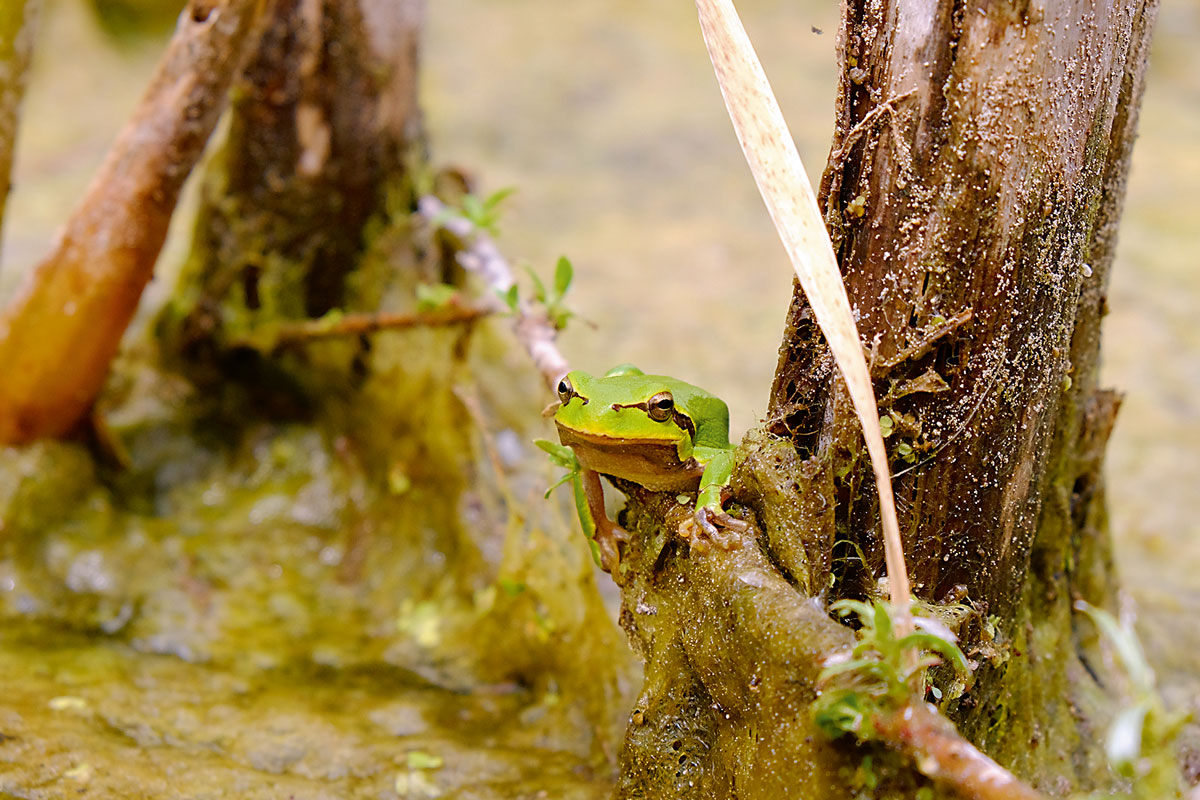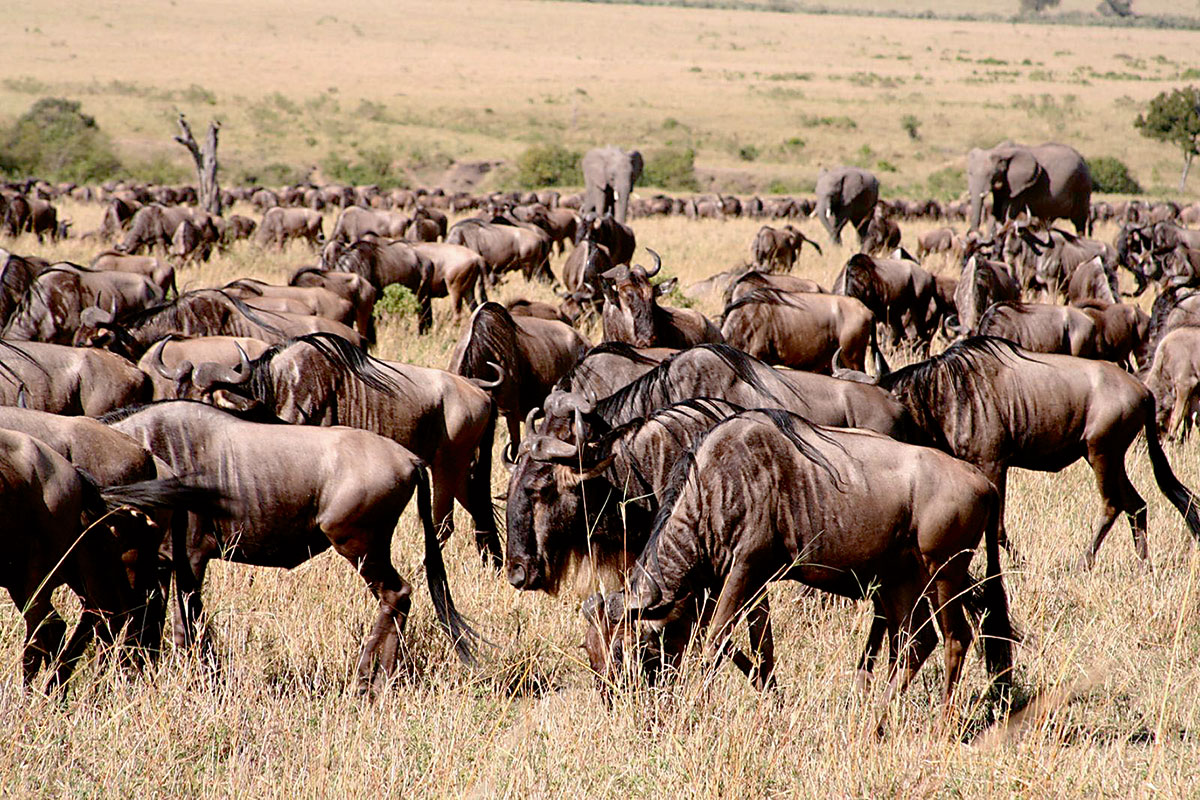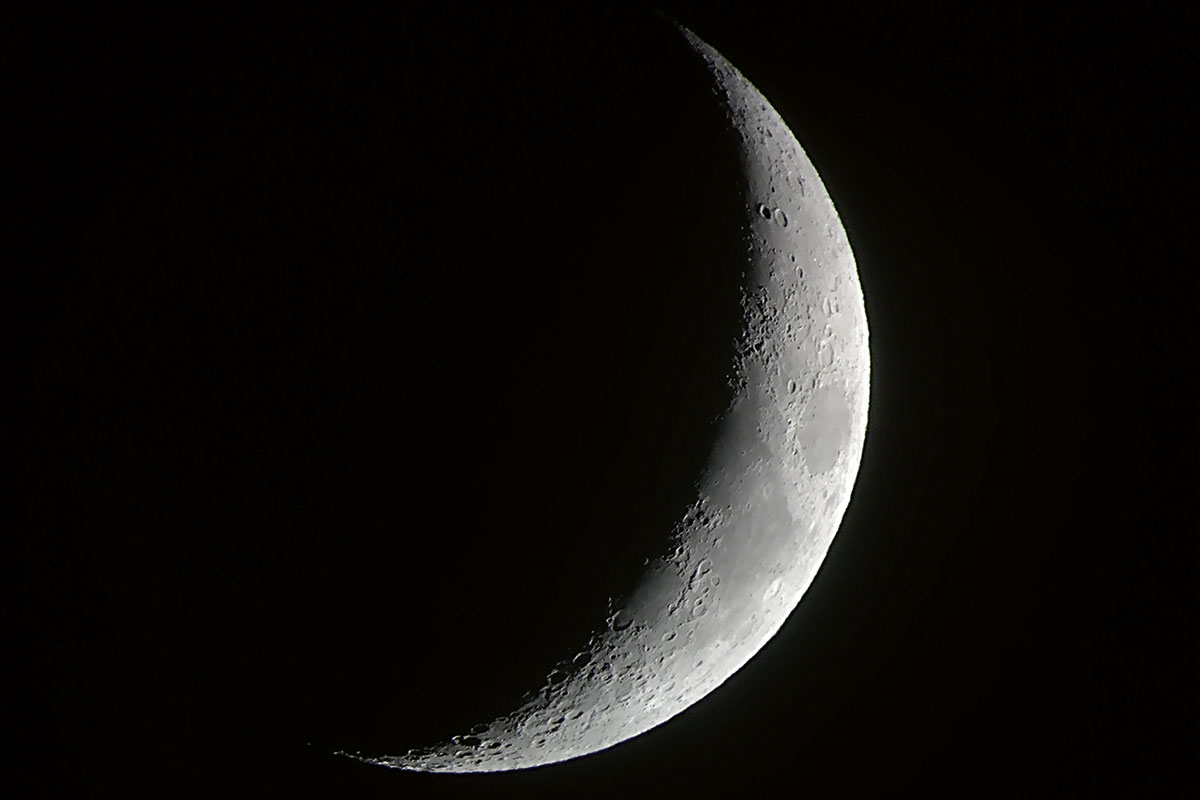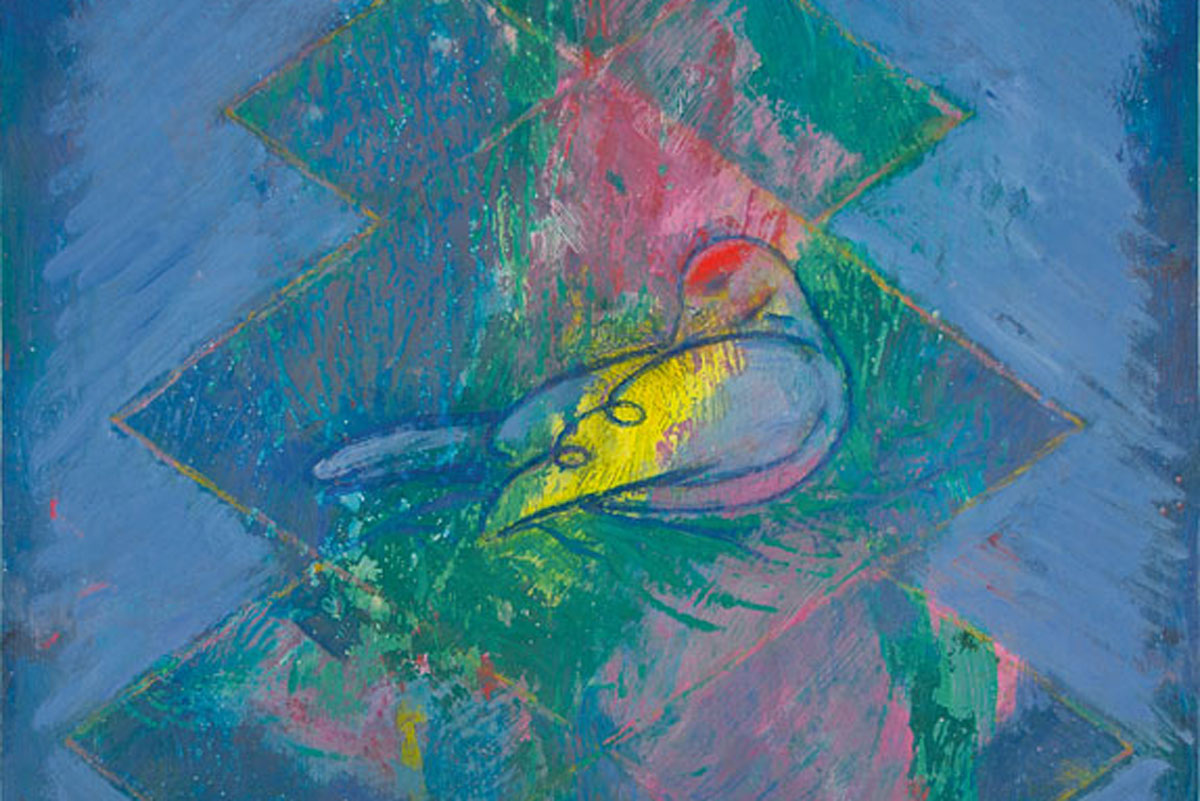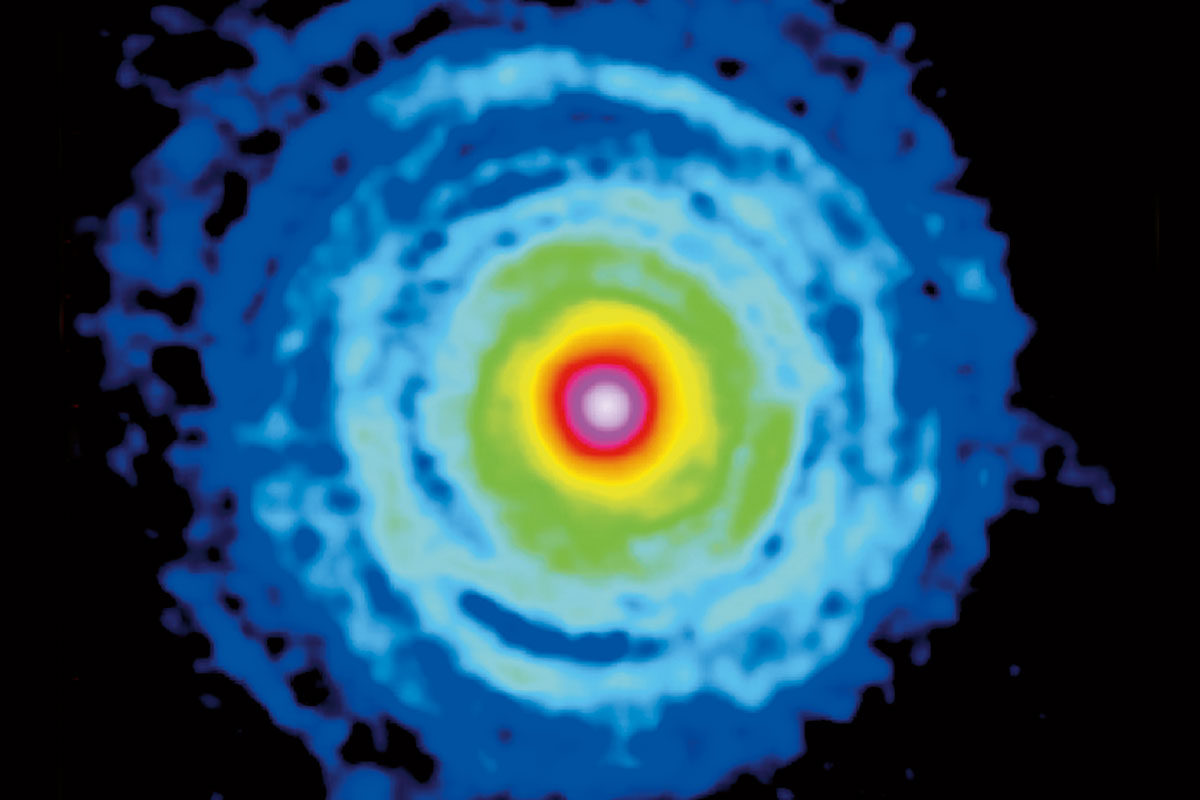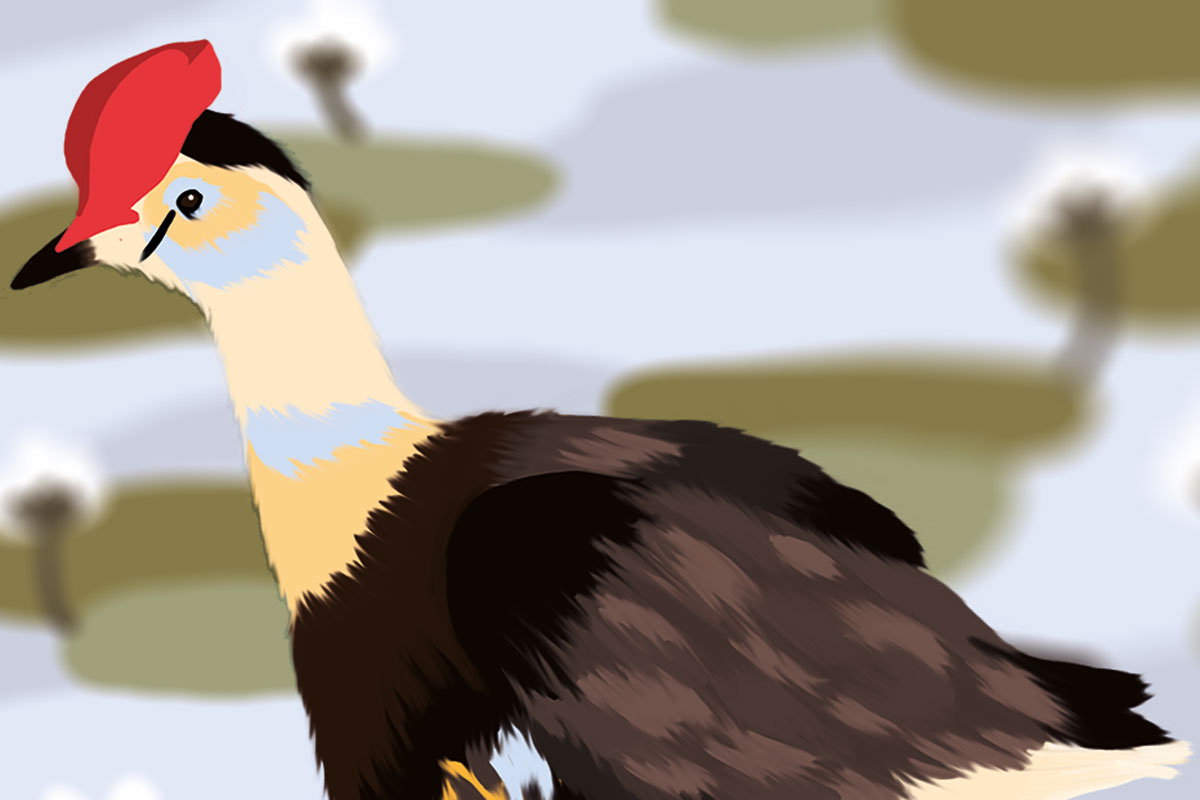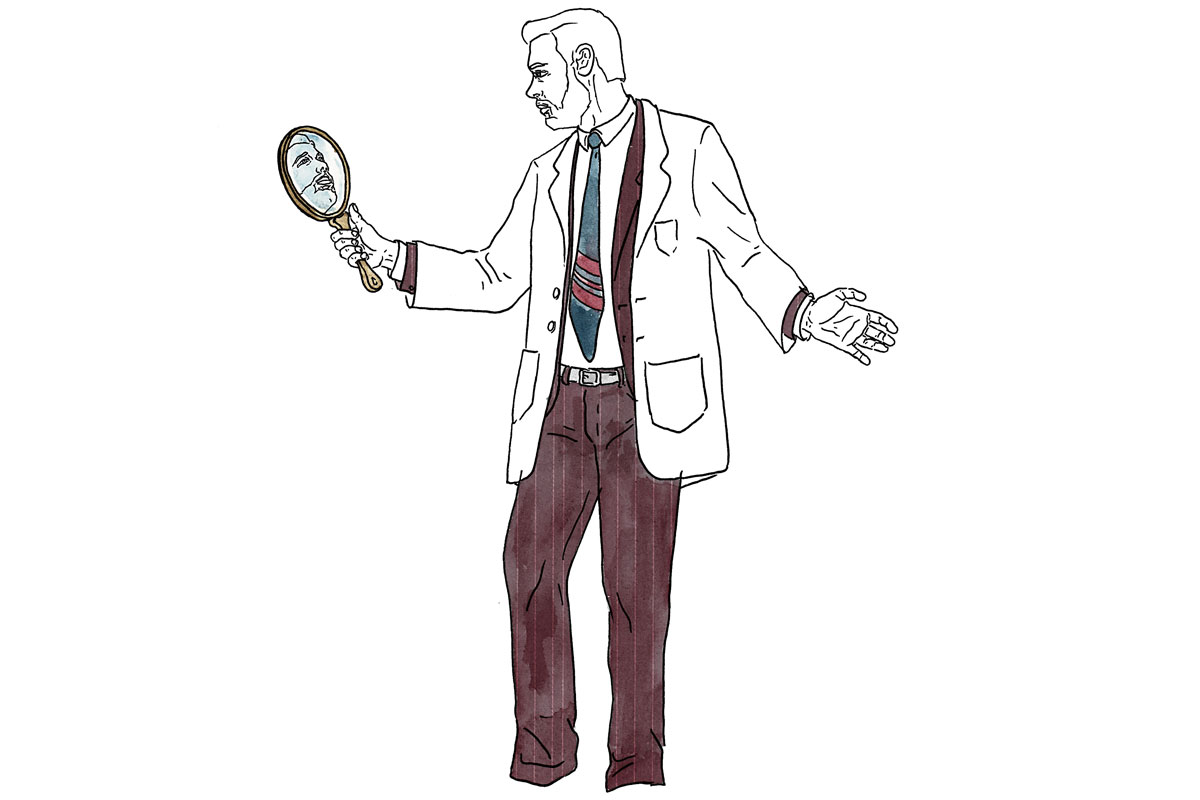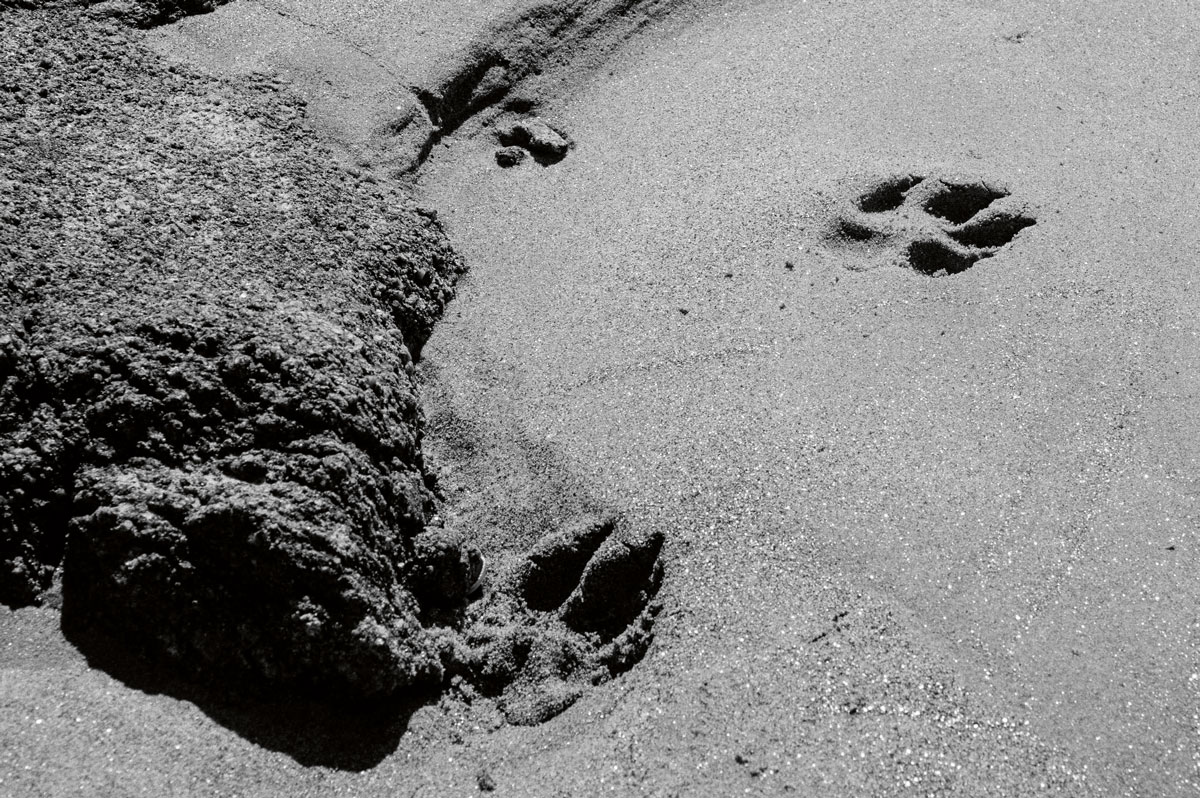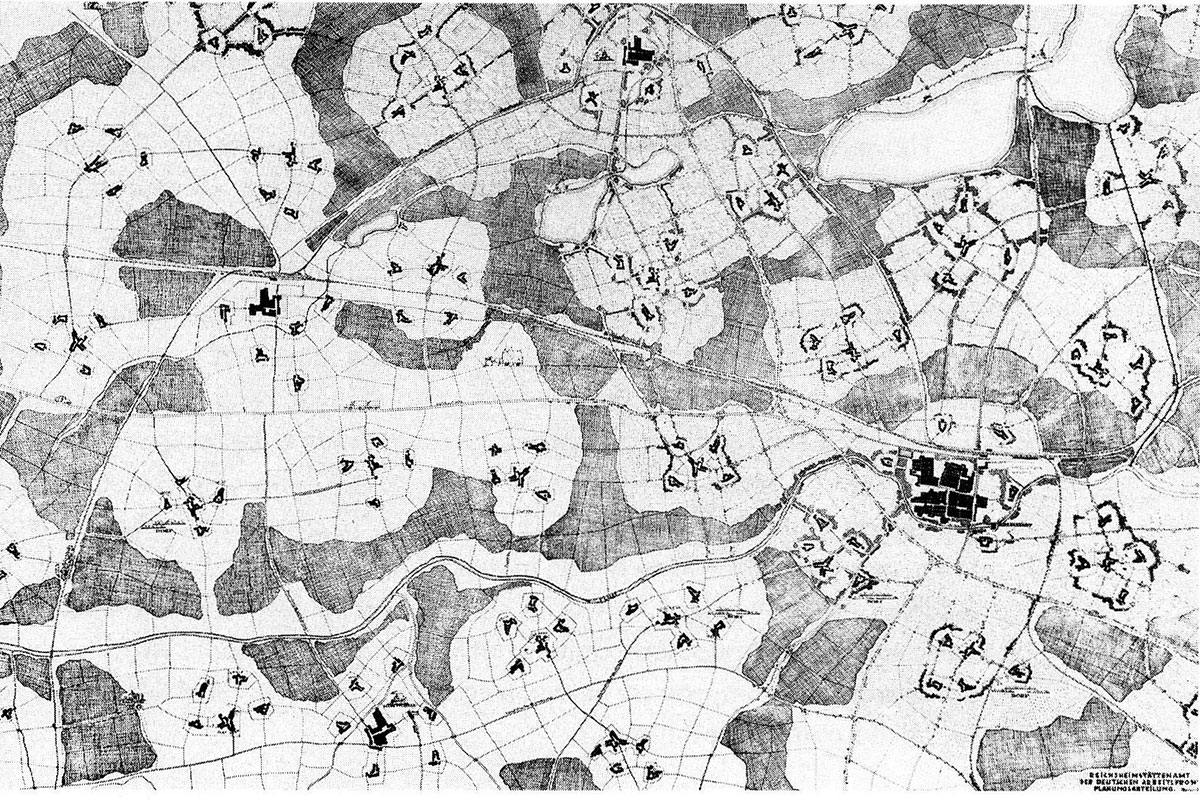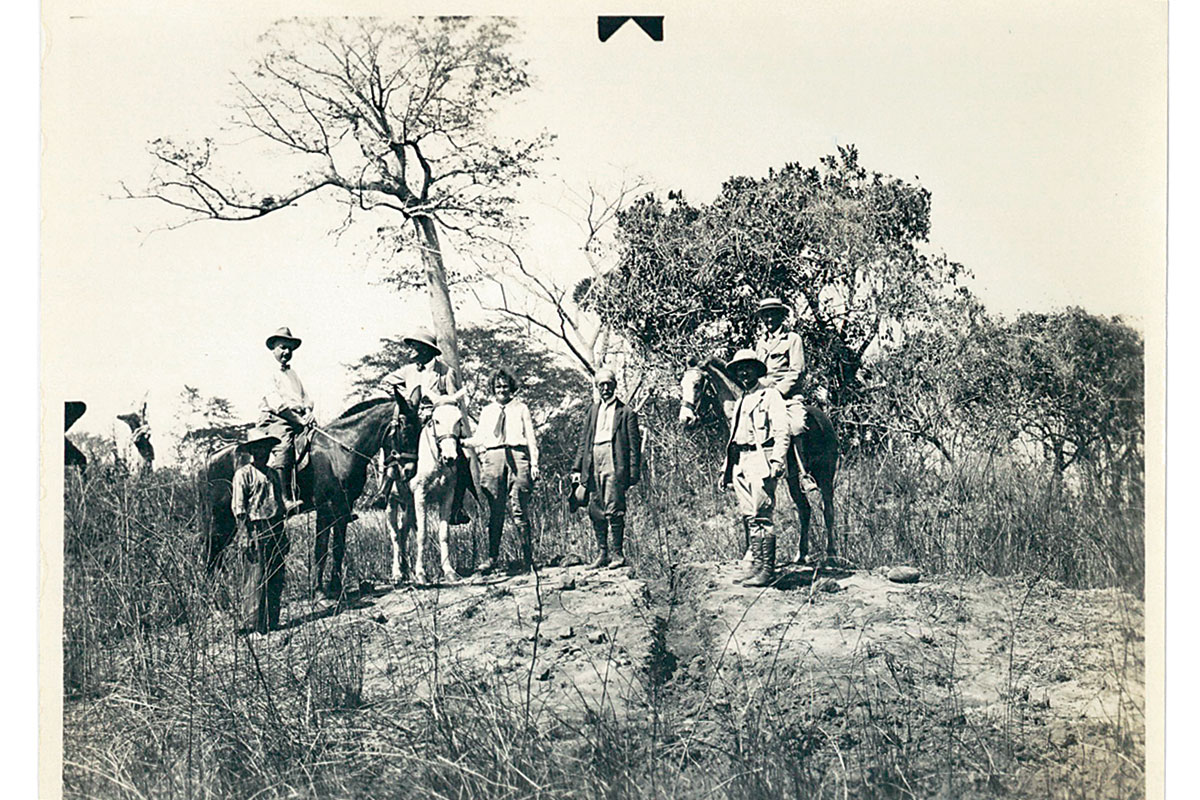Search
Centuries before Neil Armstrong and Buzz Aldrin landed on the Moon, several fictional characters had already set foot on it. In the absence of any real means to do so, literature made the journey easier.
Elizabeth Rasekoala, chemical engineer and president of African Gong, has been awarded for her fight for diversity, sociocultural, and gender inclusion, in science learning, practice, and communication in Africa.
The evolution of antibiotic resistance is probably the most spectacular example of evolution of a biological system innovation that we have had the opportunity to observe in real time.
Researcher Max Boykoff has just published the book Creative (Climate) Communications. In this text, he offers some key ideas he discusses in depth in his new publication.
It is currently widely believed that Einstein’s first wife, Mileva Marić, made significant contributions to his scientific work. But, is there good evidence that Mileva Marić was Einstein’s secret collaborator?
The miasmas – a frightening name concealing a solid lack of knowledge – were supposed vapours carrying particles of «corrupted matter» that caused infectious diseases.
Baobabs have to face the loss of habitats due to agriculture, water scarcity, disease, and the disappearance of seed disseminators.
Three decades after the Chernobyl accident, the biodiversity of the area has completely recovered. The mechanisms that allow organisms to live in this area are still the subject of study and controversy.
The first object in the Kuiper belt visited by New Horizons after leaving Pluto was provisionally named Ultima Thule and has recently been renamed Arrokoth.
Studying evolution in the face of environmental uncertainty is crucial to understand biological diversity, because diversifying life strategies is key to survival and reproduction in uncertain environments.
More and more, ecologists are starting to recognise that preserving the maximum number of species is insufficient.
The author shows his concern regarding space agencies' and private companies' recent interest on exploiting the Moon's resources.
The monograph Endless forms explores some of the most pressing challenges we face as a species.
Astrochemistry studies their abundance and composition and posits potential chemical pathways that might have led to the presence of such molecules in a particular environment
Biparental care is observed in less than 10 % of mammals and are often associated to monogamous relationships or immature offspring.
Pere Estupinyà offers advice for young scientists who do not know how to take the leap into science communication.
High vaccine coverage is encountering an unexpected obstacle. Recent evidence suggests that anti-vaccination attitudes and concerns are infecting some communities' health care workers.
Mercedes Maestre was a republican doctor who developed exceptional activism for social reform and the right to health.
What kind of sign is a rhinoceros footprint? It is an index, an iconic representation, and can become a symbolic image. A whole world condensed into a single footprint.
Interview with Gunnar von Heijne, secretary of the Nobel Committee on Chemistry (Sweden).
Maternal care comprises many different types of behaviours that, perhaps most prominently, include diverse ways to feed their young.
«We have to understand that who we are is biological, social and cultural»
Interview with Angela Saini
Interview with Angela Saini, scientific journalist (United Kingdom) and author of the book Inferior (2017).
Poland would become the laboratory for an inhumane colonisation plan, the Generalplan Ost, which involved replacement of the non-Aryan population with Germanic farmers.
The concept of «blood and soil» as a historical determinant could be found in Termer’s work ten years before the Nazis used it as their state’s official ideology.



